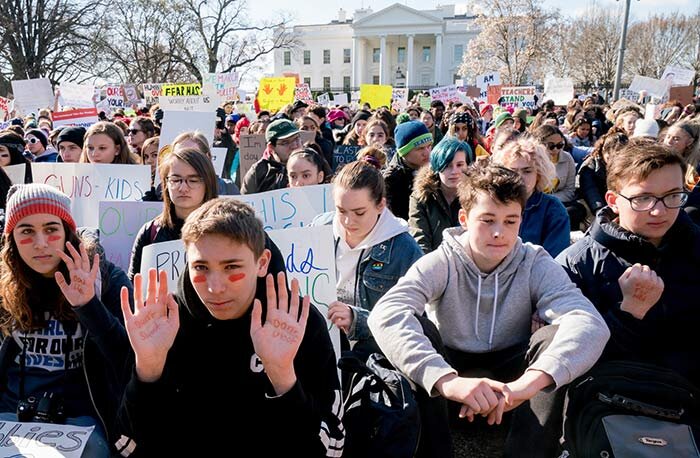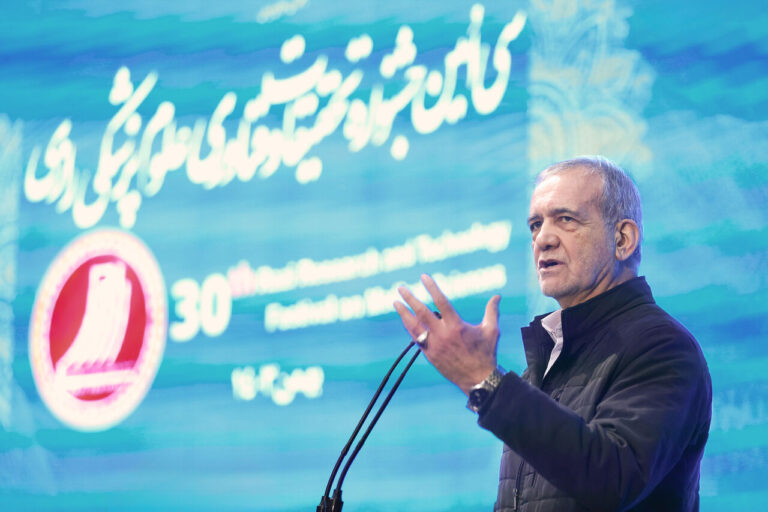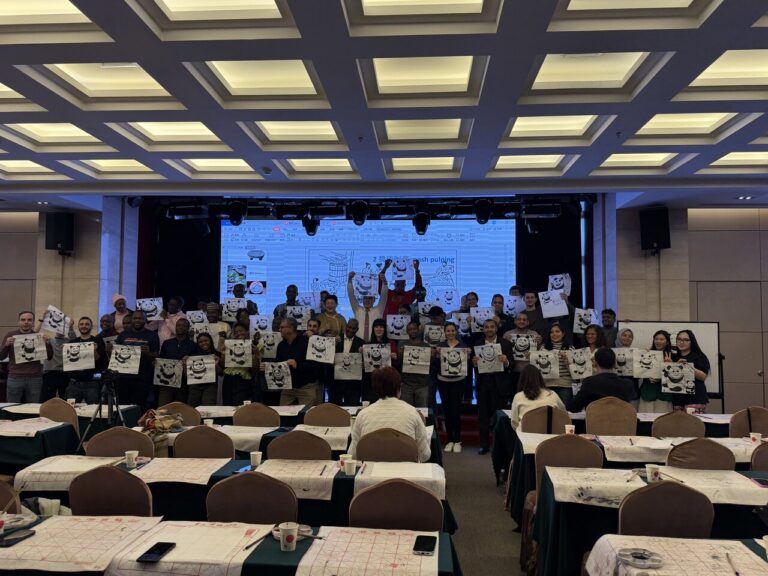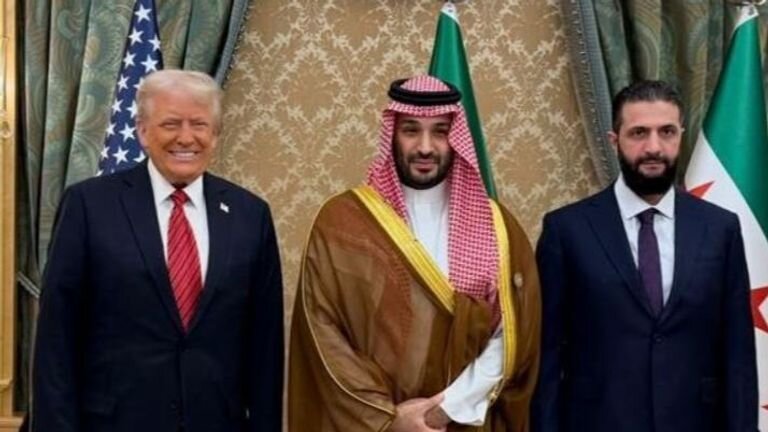Silencing Dissent: The Battle for Free Speech Amidst Israeli Conflict
If you’re looking to understand the current state of U.S. foreign policy under Donald Trump, particularly regarding the situation in Yemen and the broader Middle East, you’re not alone. Many Americans are grappling with the complexities and moral implications of these decisions. Trump’s strategies, or lack thereof, have sparked widespread concern among citizens who are increasingly aware of the chaotic and often aggressive stance the U.S. has adopted in international relations.
One of the most pressing issues is the ongoing conflict in Yemen, which has escalated significantly since Trump took office. The U.S. military involvement has raised alarms about the humanitarian crisis and the resulting devastation. Here are some key points to consider:
- Escalation of Military Action: Trump’s administration has intensified military operations in Yemen, aiming to support allies while combating perceived threats to U.S. interests.
- Lack of Awareness: There seems to be a disconnect between the administration’s actions and the historical context of Yemen’s struggle, which is primarily focused on stopping aggression against its sovereignty.
- International Condemnation: The global community, including various Arab governments, has shown increasing concern regarding the humanitarian impact of the U.S. actions in Yemen and Gaza.
As an average American, it can be disheartening to witness a government that appears to prioritize chaos over diplomacy, leading to alliances with regimes perceived as committing human rights violations. The pressing questions remain: where is the moral compass in U.S. foreign policy, and how can citizens rebuild trust in their government?
Critics argue that Trump’s administration is emblematic of an empire in decline, characterized by erratic policy decisions such as sudden economic tariffs and military interventions. These actions are viewed not just as misguided attempts to “Make America Great Again” (MAGA), but as symptoms of a deeper, systemic failure within the political establishment.
Here are a few critical observations regarding the state of U.S. foreign policy:
- Need for Moral Leadership: A shift toward policies grounded in morality is essential for restoring respect on the global stage. A nation seen as just and fair will not need to rely on threats to assert its power.
- Reputation Matters: The importance of a positive reputation cannot be overstated. Countries that engage in morally questionable actions, like the Israeli regime, risk long-term consequences, including diminished support from allies.
- Negotiation and Diplomacy: Iran’s recent call for a nuclear-free West Asia is a rational approach that could pave the way for peace. Instead of perpetuating conflict through military might, there should be a focus on constructive dialogue.
Trump’s administration has also faced criticism for its approach to combating “antisemitism.” While the issue is undoubtedly serious, the administration’s actions appear to undermine free speech, a core American value. This contradiction raises troubling questions about the administration’s commitment to upholding constitutional rights while addressing complex geopolitical issues.
Moreover, it’s essential to recognize that real antisemitism is not the predominant issue in the U.S. today. Many Jewish individuals across the globe, including those in Iran, have no interest in relocating to Israel, emphasizing the need to separate valid criticism of Israeli policies from unfounded accusations of antisemitism.
In conclusion, the current trajectory of U.S. foreign policy under President Trump is fraught with challenges and moral dilemmas. The situation in Yemen serves as a stark reminder of the consequences of military intervention and the importance of adopting a more humane approach to international relations. As citizens, it is vital to remain informed and engaged, advocating for policies that prioritize peace, understanding, and respect for human rights.






